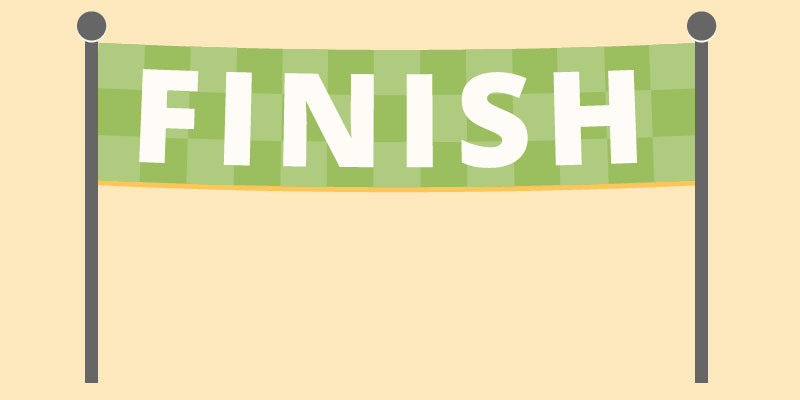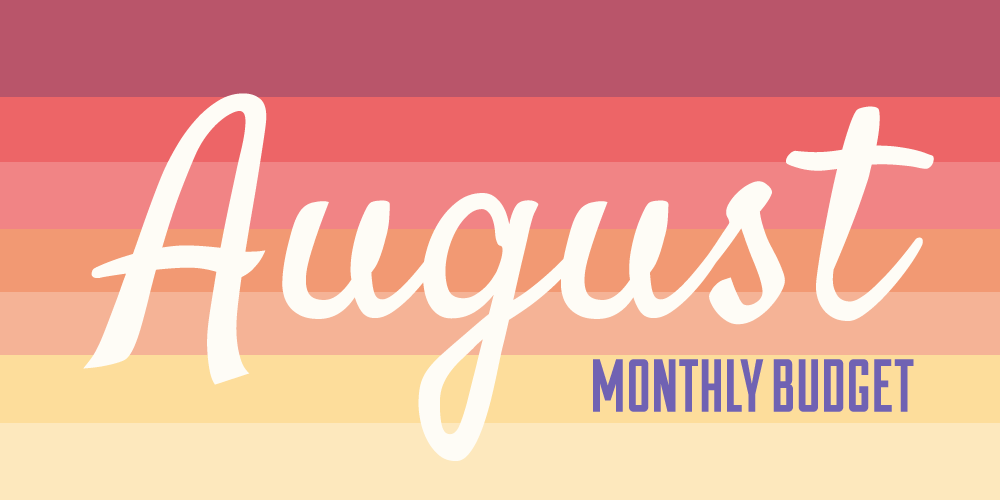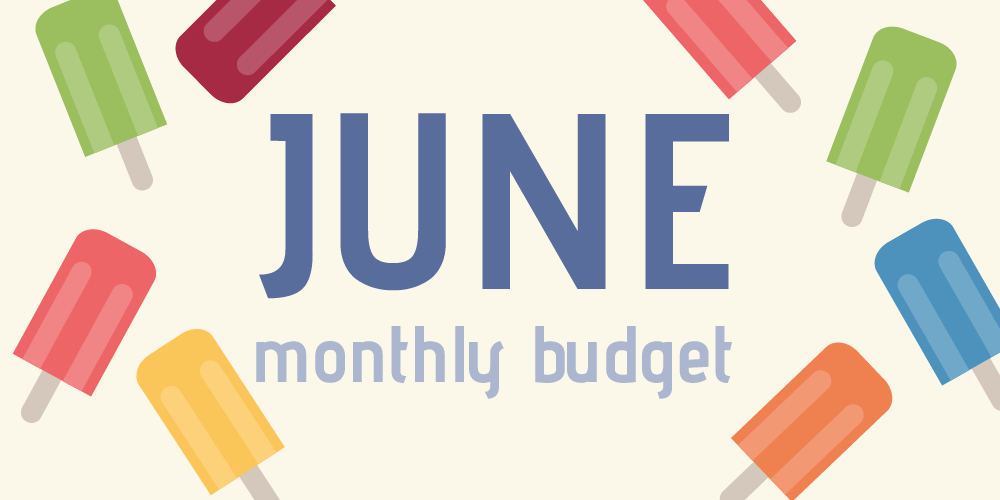It’s no secret that student loans are one of my areas of interest. Specifically, I’m interested in how to pay off my student loans faster. Heck, I won the grand prize in the MyMoneyAppUp Challenge for an app concept that would help student loan borrowers pay off their student loans faster; plus, one of my main goals is to pay off all of my student loans by the time I turn 30.
One of the things that really sticks out to me about the options for student loan borrowers is that a lot of resources focus on making monthly payments more manageable. It’s true that there are a lot of student loan borrowers who are having trouble making their payments each month. However, one thing that is rarely mentioned is that you often trade a lower monthly payment for a longer repayment period and more interest paid over the life of the loan.
What about the people who don’t want to pay more interest or extend their repayment period? I’m not sure about you, but a 25 year loan repayment plan is NOT appealing to me. If you graduate from a 4-year college at age 22, you’d be paying your loans off for longer than you were living when you actually graduated. With federal student loans at an interest rate of 6.8% (and that could go up), that’s a lot of extra interest when you extend your repayment period from 10 years to 25 years.
So what’s to be done about this situation? My solution has been to aggressively pay off my student loans, by paying extra each month. The faster I pay them off, the better. You may also be in a situation where you’re both willing and able to aggressively pay off your loans. If you’re interested and ready to get started, here are 10 tips that will help you pay off your student loans faster.
1. Understand your loans and financial situation
For some people, paying off loans quickly isn’t a concern or even a possibility. Before you make plans to aggressively pay off your loans, assess your loan and overall financial situation. This means partaking in exit counseling, knowing how many accounts you have, what their interest rates are, how much your minimum payments are, and basically anything relating to your loans. When it comes to your student loans, knowledge is power. While you’re at it, try to calculate how long it will take you to pay off your loans at the rate you are currently paying them off. I personally like Unbury.me as a quick estimate, but be aware of what your repayment plans are. This calculator in particular doesn’t account for graduated repayment programs or other income-based repayment programs.
2. Use an app to manage your student loans
Once you have a 360 view of your loan situation, continue to keep track of your loans by signing up for an app like Mint.com, Student Loan Hero, Tuition.io and Ready For Zero. Mint.com will track all of your finances in one place, but has a limited focus on student loans. Student Loan Hero and Tuition.io are sites specifically dedicated to tracking student loans and Ready For Zero is useful for general debt reduction efforts, including student loans.
3. Make payments more frequently
If you pay your student loan payments biweekly instead of monthly, you can save on interest over the course of the loan. With this strategy, you would still be paying the same amount per month, but since you’re spreading out the payments, you’ll accrue less interest over time. Paying less interest = good!
4. Look into reducing interest rates
Some student loan interest rates are fixed. However, it’s always worth looking into what your options are with your loan servicers. Some servicers reduce interest rates for signing up for automatic bill pay or after you have made a number of on-time payments. Over the course of a loan, even a 0.25% reduction in interest rate can make a big difference.
5. Pursue loan forgiveness options through your job
Loan forgiveness programs will typically forgive a portion (and sometimes the remaining balance of your loan) in return for a certain number years of service for your employer. Loan forgiveness programs are available through the federal government, but also available to people in professions like nursing, the military (like Army, Navy, or Coast Guard), teaching, public service or law. This list just scratches the service, so be sure to search the Interwebs to see what loan forgiveness options might be available to you.
6. Pay extra each month
If your budget allows for it, pay beyond the minimum payment each month. Doing this will speed up the repayment process and will reduce the amount of interest you owe. Have an eye on your accounts and make sure that the extra amount you pay each month is being applied to your principal balance and not the interest for future payments. This can make a big difference in what you owe. If you have multiple accounts, you can either start a debt snowball or start with the highest interest rate account first.
7. Pay while you are in school and during deferment periods
If you want to get a jump-start on paying off your loans, don’t wait until you are out of school to start paying them back. Or, if you get a job right out of school, don’t wait until your deferral period is over before you start paying. Getting a head start means that you’ll accrue less interest, which will reduce the amount you pay, but also the amount of time it takes to pay off your loans.
8. Volunteer
Similar to loan forgiveness programs associated with employers, there are some volunteer programs that will also forgive or pay back a portion of your loans after you have completed your tenure as a volunteer. AmeriCorps and the Peace Corps are two such organizations that will help pay off your loans after you’ve completed your service.
9. Use windfalls or tax refunds to pay your student loans
It’s a glorious day when you fall into a large sum of money. Windfalls can come in many forms, but chances are that you’ll receive a windfall in the form of a tax refund. If you’re serious about paying off your student loans quickly, avoid the temptation to spend your windfall on a (much deserved) vacation or other material things. Instead, use it to pay off your loans. As motivation, think of all of the interest that you’ll be saving and how many vacations could be pay for with all of the interest that you won’t pay on your loans!
10. Work towards a payoff goal
If you’re paying off your loans at an accelerated pace, chances are that it’s going to be a challenging effort. In order to really stick to your plan, make sure you are working towards a specific goal. Maybe you want to pay off your loans by a certain date or age. Maybe you want to pay off your loans before you buy a house or have another big purchase. Maybe you want to simply pay an extra $100 each month. No matter what your goal is, have one in mind and be committed to it.
Putting it all together
Now, these aren’t all necessarily easy ways to pay off your loans. They take planning, patience and commitment. If you haven’t been able to avoid the student loan trap and you want to get out of it as quickly as possible, these are just a few of the tools you’ll need to succeed. Living in flux is all about challenges like paying off student loans. If you take on this challenge head on and do what you need to do, you’ll be able to overcome it and make room in your life (and wallet) for other things.



